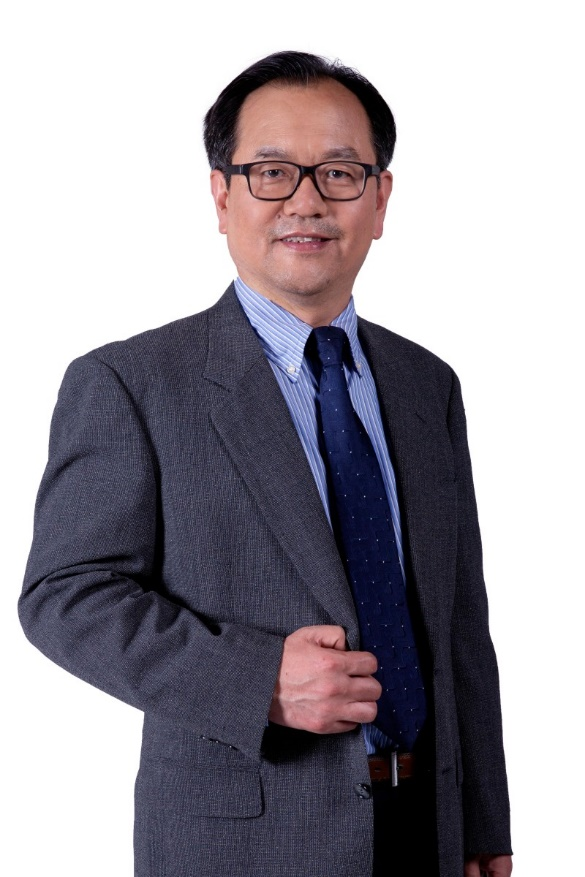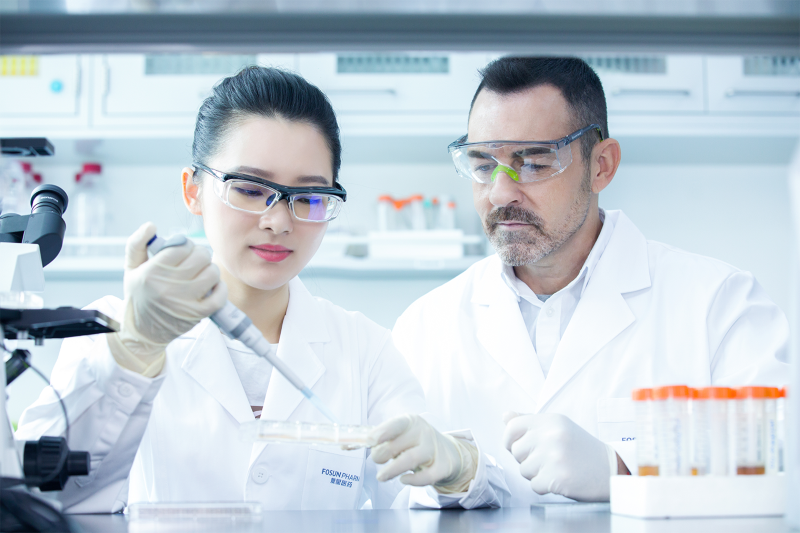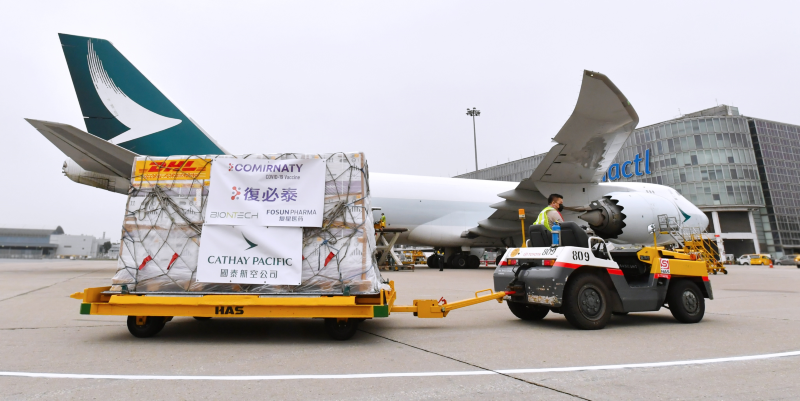Nature Dialogue with Dr. Aimin Hui, Executive President of Fosun Pharma: Leveraging global strength in drug development
After working for international pharmaceutical companies, Dr. Aimin Hui has returned to China to lead innovative drug discovery and development at Fosun Pharma.
China was once known for specializing in follow-on drugs, but recently its reputation has been enhanced by investment in first-in-class or best-in-class drug innovation to meet growing demand and improve quality. Among the emerging players, Fosun Pharma, established in Shanghai in 1994, has built its core business around innovative drug R&D and manufacturing. Aiming to be a leading healthcare group with a global presence, Fosun Pharma is also growing strongly in medical devices, diagnostics, and healthcare services. Here, Fosun Pharma’s executive president, president of global R&D, and chief medical officer, Dr. Aimin Hui, discusses his vision for drug discovery and development at Fosun Pharma and beyond.

Fosun Pharma’s executive president, president of global R&D, and chief medical offer, Aimin Hui. Credit: Shanghai Fosun Pharmaceutical Industry Development Co., Ltd
What attracted you to join Fosun Pharma?
After working on research and development at big international pharmaceutical companies for years, I joined Fosun Pharma in late 2017, attracted by its inspiring development strategies. Fosun Pharma has a broader scope than many pharmaceutical companies. It aims at closing the loop on healthcare by offering diagnosis, medical devices, and healthcare services, in addition to pharmaceutical research and development, manufacturing, distribution and retail. It also emphasizes innovation and internationalization. This is demonstrated in its partnership with California-based Kite Pharma, in 2017, for co-developing the CAR-T therapy in China, and investment in Henlius for developing biosimilars and innovative monoclonal antibodies for cancer treatment. These strategic moves showcase Fosun Pharma’s dedication to drug innovation and its grasp of China’s drug development needs. Backed by a solid research base, and rich R&D resources, I believe Fosun Pharma provides the necessary platform to achieve innovation for good health.
Given your experience leading drug development at international pharmaceutical companies, what is key for driving drug innovation?
Drug innovation can be driven by the discovery of new targets or pathways, such as the anti-cancer drug targets of PD-1/PD-L1 immune checkpoints; or by breakthroughs in technologies or tools, say, mRNA technology, or CRISPR — discoveries typically stemming from academia. Pharmaceutical companies need to collaborate with research institutions, as well as industry partners, usually small biotech start-ups with new technologies, to complement each other to accelerate drug discovery. Collaboration across regional or national borders is similarly important, as it facilitates innovation and entries into different markets. Then, a pharmaceutical company also needs to find its strong areas in drug R&D, as no matter how big it is, it cannot be all-inclusive; it ought to define disease areas of focus.

Strategic international collaboration for drug development. Credit: Shanghai Fosun Pharmaceutical Industry Development Co., Ltd
What are the focus areas in Fosun Pharma’s R&D pipeline?
Oncology is definitely a major area, and we focus on immunotherapy and targeted therapies. Another area we are developing is neurological disorders, including neurodegenerative diseases, as well as stroke. We also focus on common chronic diseases, such as diabetes and other metabolic disorders, and infectious diseases. We are keen to adopt the newest technologies for our R&D, from cell therapy to gene therapy. I believe we’re poised for bringing the best solutions to benefit patients.
How does Fosun Pharma enhance its R&D work?
At Fosun Pharma, we follow a patient-centred and clinical-driven approach for R&D, while seeking technological innovation. For the transition from ‘fast-follower’ to ‘first-in-class’ drugs, we need to leap forward.
We seek drug innovation with Chinese characteristics. This means that when developing oncology drugs, for instance, we focus on liver, gastric, oesophageal and other cancers that have high prevalence in China, and lack effective drugs. This way, we can better benefit our patients, and are also more likely to succeed in drug development, given a lack of effective treatments and more patient resources for clinical studies. Another approach is to identify new indications for recently discovered biologics or small molecules, which may help shorten the time for drug development. We also try to leverage the advantages of our international units in clinical development. Say, for some first-in-class drugs, we start clinical trials abroad first, and then launch larger-scale trials back in China, to make the best use of each party’s strengths. With continual growth in R&D investment, we have also established relevant platforms to support research.
What are some examples of such platforms?
For our partnership with Kite Pharma, we established a CAR-T therapy platform, which supports developing cell-therapy products for the Chinese market. Another example is the Shanghai Key Laboratory of Stem Cell Therapy we established, the first of its kind led by a private enterprise. Focusing on regenerative medicine, the laboratory is now driving the development of two stem cell therapy products, one for stroke recovery, the other for treating pigmentary retinal degeneration, both of which are in high demand. By bringing in advanced technologies and talent from abroad, we are striving to make the laboratory an advanced technological platform for stem cell research. We will also promote research commercialization with this platform, driving clinical studies and technology transfers.
How do you enhance R&D via international collaboration?
We develop international collaborations strategically. Take our partnership with Germany-based BioNTech for example. We’ve been following the development of mRNA technologies for a long time, but realized that we don’t have the capacity to develop it from scratch yet. While seeking partners for vaccine development during the COVID-19 pandemic, we found that BioNTech is a leader in mRNA vaccines, and entered into a partnership in March 2020 for clinical development, registration and commercialization of a COVID-19 vaccine for the greater China market.
This way, we can leverage our strength in clinical research and our rich clinical resources in China. In future, we may also develop vaccines for other infectious diseases, as well as mRNA products for diseases such as cancer.

Fosun/BioNTech vaccine arriving in Hong Kong SAR. Credit: Shanghai Fosun Pharmaceutical Industry Development Co., Ltd

